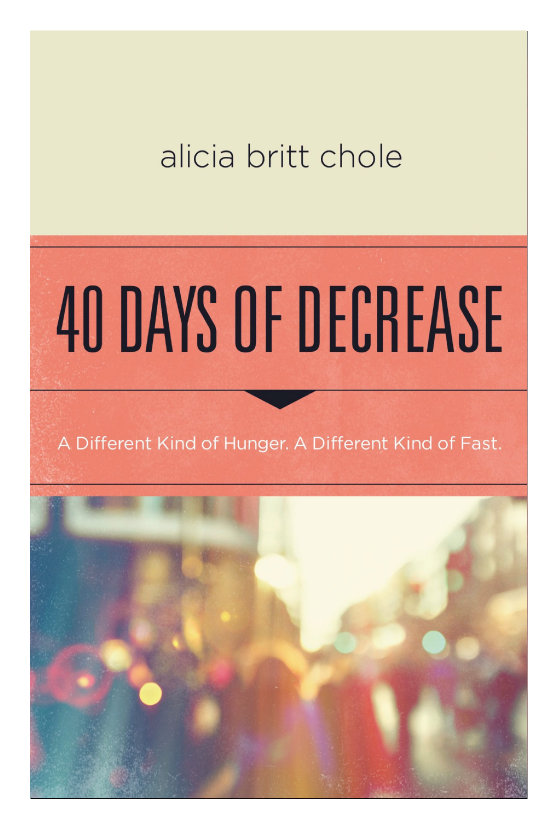
We hope for education. Have we placed our hope in being educated?
We hope for peace. Have we placed our hope in being peaceful?
We hope for health. Have we placed our hope for the future in being health?
We hope for love. Have we placed our hope for the future in being loved?
Hope.
With the exception of the instances in which hope appears as a synonym for wish, I began examining each occurrence of hope in context. Then, I considered the Hebrew and Greek words translated as hope to learn how they were translated elsewhere in different contexts. And my conclusion? On the ground, my daily life was cluttered with lesser hopes than what the Biblical writers professed.
Their hope was God, His character, and His promises. In the OT, hope was a confidence that, according to His promises, God Himself would do something to save His people. David’s hope was not in his skills as a warrior or even his heart after God, but rather in God’s character and name:
[When David is hiding for his life from Saul and Doeg the Edomite goes to Saul to reveal his location.] “I trust in God’s unfailing love for ever and ever. I will praise you forever for what you have done; in your name I will hope, your name is good.” (Psalm 52.8-9)
[Lamentations chronicles the destruction of Jerusalem. It is a lament, a confession, and a plea for God’s assistance.] “My eyes fail from weeping,” (2:11) “he has made me dwell in darkness like those long dead,” (3:6) “Yet this I call to mind and therefore I have hope: Because of the LORD’s great love we are not consumed, for his compassions never fail. They are new every morning; great is your faithfulness. I say to myself, “The LORD is my portion; therefore I will wait for Him.” The LORD is good to those whose hope is in him, to the one who seeks him”. (3:21-25)
Then in the NT, the OT hope is fulfilled: God does indeed do something to save us. Therefore, our hope is that Jesus—who suffered, died, and rose again—will grant eternal life to all who place their hope in Him. Paul asserts that this hope “does not disappoint us,” because “at just the right time, when we were still powerless, Christ died for the ungodly.” (Romans 5:5-6) This hope enabled the first disciples to endure persecution, stay faithful to their calling, be content with much or little, and persevere through suffering.
Biblical hope began to stir something within me. The OT and NT writers’ daily hope was not in progress, education, science, or psychology. Their hope was not in their intellect, experience, history, or their heroes. The point of reference for such hopes is today. The source of such hopes is mankind and his potential.

Biblical hope is not up for re-definition each generation. It never becomes obsolete. It is not upgradable. Hebrews calls this hope an anchor for the soul.
We who have fled to take hold of the hope offered to us may be greatly encouraged. We have this hope as an anchor for the soul, firm and secure. It enters the inner sanctuary behind the curtain, where Jesus, who went before us, has entered on our behalf. (Hebrews 6:18b-20a)
Until the next blog, prayerfully ask Jesus if, on the ground, in your daily life, He is truly your hope for your future.






